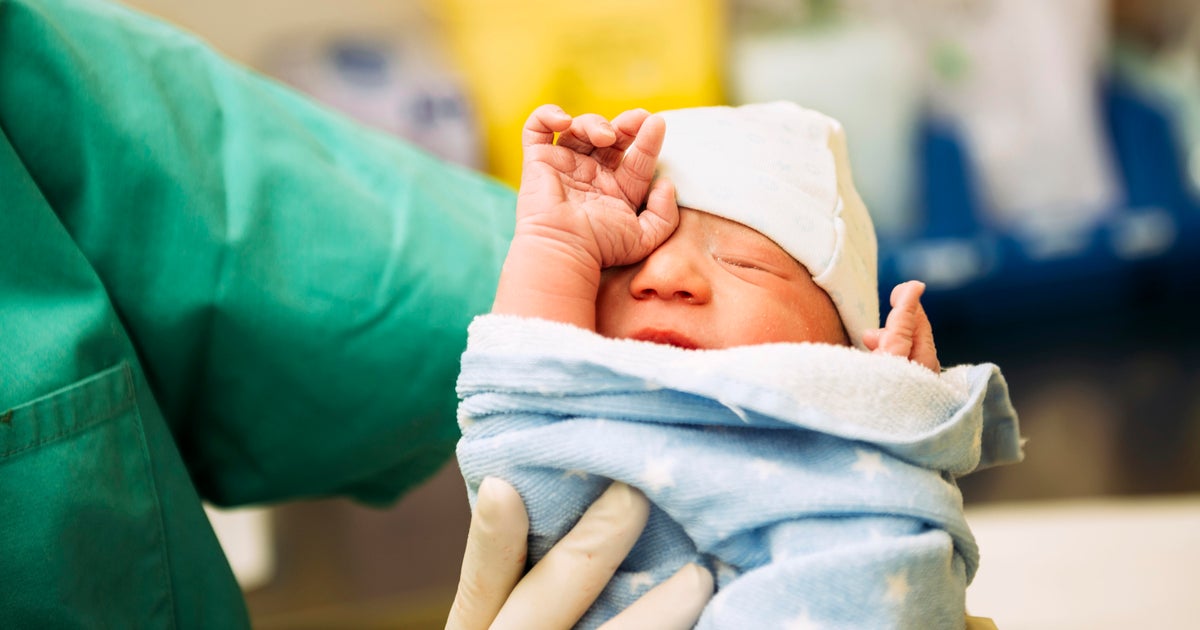Why experts aren't too worried about COVID-19 patients retesting positive for the coronavirus
Seoul — South Korea has managed to keep its coronavirus outbreak relatively under control, with about 10,700 confirmed cases and only 1,600 patients still being treated today. So it has prompted concern around the world that officials say 292 of the patients who've recovered from the disease and been discharged from hospitals have since retested positive.
Among the key questions researchers are still grappling with on COVID-19 is the extent to which survivors will have immunity to the coronavirus that causes it, and whether it can flare up again in a patient who appeared to recover.
But the head of South Korea's Central Clinical Committee on New Infectious Diseases (KCDC) has downplayed concerns that those 292 test results suggest a worrying trait of the disease. Dr. Myoung Don Oh and his team say there's a "high possibility" the new positive tests are due to the limitations of the tests themselves, rather than COVID-19 reinfections.
The widely-used "PCR" tests are designed to detect even tiny quantities of virus in a patient's nose or throat, but they can't differentiate between dead virus and live, infectious virus particles.
Myoung, who spoke at a conference Wednesday, said tests on animals have suggested COVID-19 patients could have some immunity to the virus for at least a year from the time of infection. The KCDC has repeatedly said more research is required, but it isn't sounding alarm bells.
"The virus can be detected (even in discharged patients) but this does not mean it is an infectious level," Dr. Jeffri Choi, Division Chief of Infectious Disease at Seoul Medical Center, told CBS News recently.
Choi added that some recovered patients may even continue to show some respiratory symptoms and test positive for the disease, but that "does not mean reactivation" of the virus: "We think it is a reconfirmed case, not reinfection or reactivation."
He said in such cases, the virus lingering in a patient's body appears not to be at an "infectious level."



